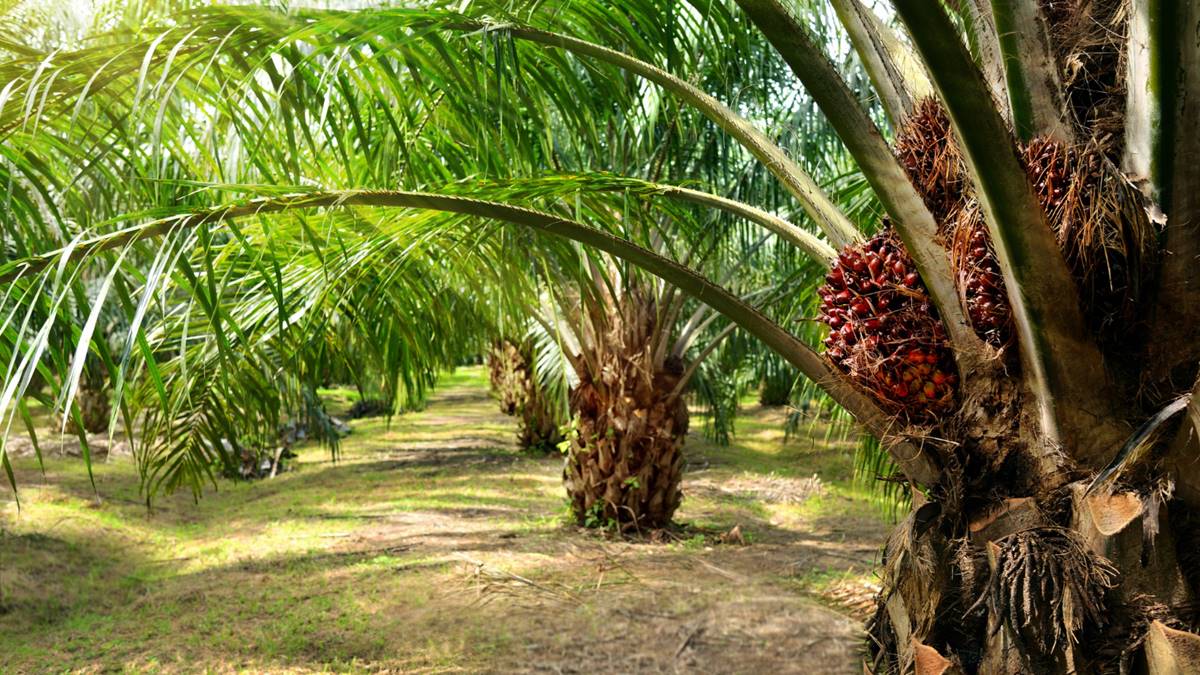Palm shortening has emerged as a versatile and sustainable ingredient in the culinary world, being used as a substitute for butter, margarine and other vegetable shortening in cooking and baking recipes. This semi-solid fat is derived from the fruit of the oil palm tree, which is a highly productive crop grown in tropical regions around the world.
Palm shortening has gained popularity both in industrial settings and home kitchens, thanks to its high stability, versatility and health benefits.
Advantages of palm shortening: versatile and sustainable
One of the significant advantages of palm shortening is its versatility. It can be used in a wide range of recipes, including cakes, cookies, bread, pie crusts, frosting and icing. Its neutral flavor and high smoke point make it ideal for high-temperature cooking and frying. In industrial baking, palm shortening is a healthier replacement for partially hydrogenated vegetable oils, which are known to contain trans fats that increase the risk of heart disease. Unlike partially hydrogenated vegetable oils, palm shortening does not contain trans fats and is low in saturated fat, making it a healthier alternative.
Another advantage of palm shortening is its sustainability benefits. The oil palm tree is a highly efficient crop that requires less land, water and pesticides than other oil-producing crops, such as soybean and canola. Palm oil production is also more environmentally friendly as it produces more oil per hectare, reducing the environmental impact of oil production. Sustainable palm oil production practices can also help to protect and preserve natural habitats and wildlife. Several organizations and certification programs, such as the Roundtable on Sustainable Palm Oil (RSPO) and the Palm Oil Innovation Group (POIG), have been established to ensure that palm oil is produced in a sustainable and responsible manner, protecting forests and wildlife habitats, respecting the rights of indigenous communities and ensuring fair labor practices.
By choosing to use palm shortening, you contribute to more responsible production practices
Using sustainable palm shortening in cooking and baking can help to promote more responsible palm oil production practices and support local economies. The palm oil industry is a major source of employment and income for many communities in tropical regions around the world. By purchasing certified sustainable palm shortening, consumers can help to create jobs and support local economies while obtaining a healthy and sustainable vegetable fat for their cooking and baking needs.
FoodGrid is a great choice for those who want to make the right choice for both their health and the environment. Their palm shortening is made of 100% non-GMO palm oil and contains no hydrogenated fats. What’s more is that it is affordable and ensures great results in cooking and baking.
In conclusion, palm shortening is a versatile and sustainable ingredient that can be used in a wide range of cooking and baking applications. It is a healthier alternative to partially hydrogenated vegetable oils and has several environmental and social benefits. When purchasing palm shortening, look for products that are certified by sustainable palm oil certification programs and choose products like those in the FoodGrid range that promote both health and sustainability.

